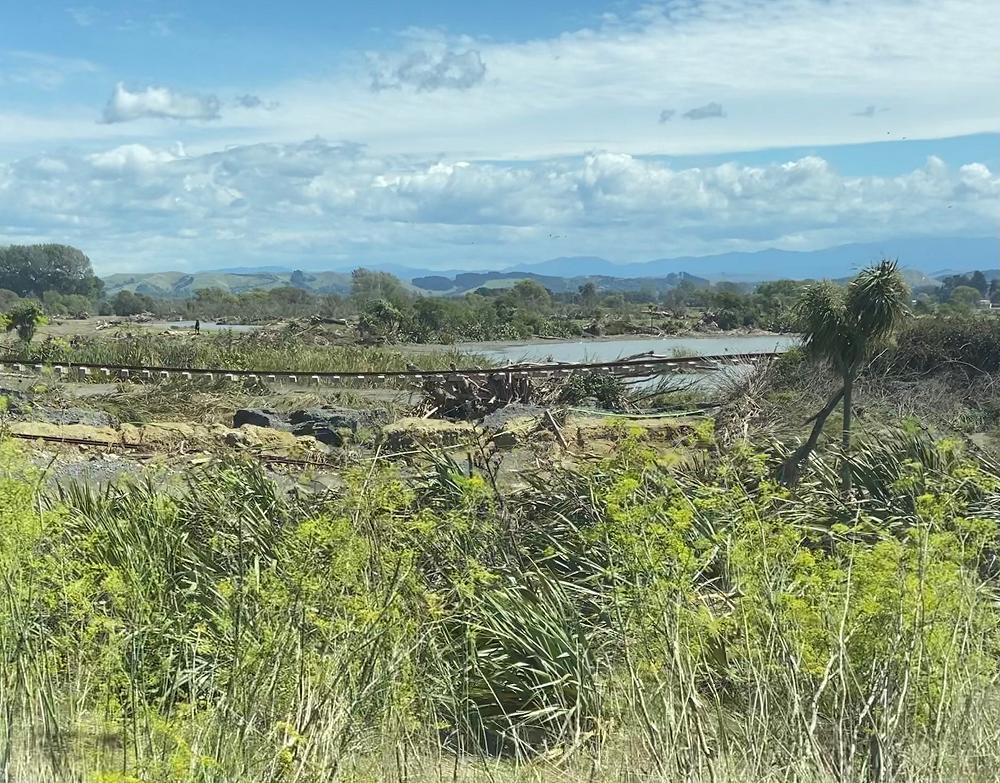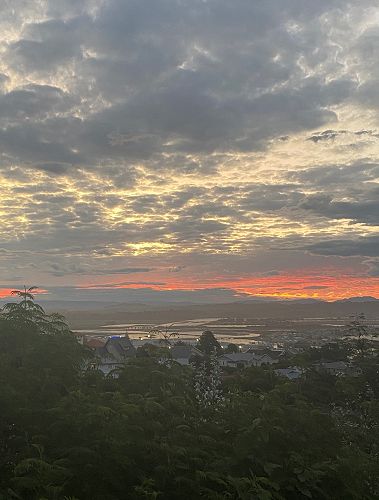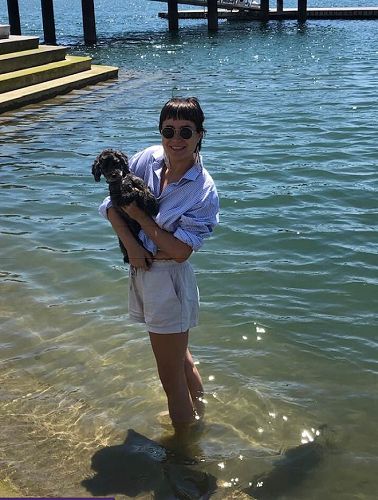
A Survivor Shares Her Experience
Trudy Downes, MCNZ caretaker, gives readers an insight into the impact of the recent disasters from the perspective of her niece Hine, who lives in Napier and works in an essential national health service role. When they met recently, Hine shared how it was for her during and after Cyclone Gabrielle passed through. Hine’s concern is that many people’s mental well-being is under threat from experiencing so many ‘events’. Those people will need help, but do we have the mental health resources to respond? Everybody affected by the recent weather events has a story. This is part of Hine’s story.
Mental health post a natural disaster
They say there are three survival mode responses: fight, flight and freeze. At different times over the past few weeks, my mind has clicked into all three.
Which was it when I was kept up all night by rain, waves and wind that felt ready to blow me and my home away, only to wake up and not be able to contact anyone, no matter how many kind strangers’ cellphones I tried? Which was it when we realised we were trapped? Cut off entirely from the rest of the country for who knew how long. Which was it the evening of day four, when authorities told us to stay indoors due to a dangerous individual a few streets over? That night I stopped walking anywhere alone.
Maybe anxiety with purpose and reasoning is just survival.
On February 14, I woke up to find water had seeped under my doors and found a way to run into the interior kitchen wall in my tiny house on Napier hill. Other than that, all seemed well. By 7.00 am, I was on my roof clearing gutters and trying to contact my workplace. That’s when the power went out. It had already been relatively quiet, but now the situation felt eerie. What happens when your safe space is taken away from you?
I decided to look for my brother and a working phone, knowing neither was far.
Walking the streets of Napier hill with the rising sun was anything but normal this time. Lampposts lay across roads and footpaths, entire trees pushed onto roofs, their limbs blocking gutters and driveways. Many strangers pulled over to ask if I had a working phone or needed a lift. All this strangeness indicated that the situation might be worse than I had thought. Anxiety was high.
I returned home, unsuccessful in finding a working phone or my brother, so I topped up the cat’s food bowls and packed a bag; phone charger, clothes, food and water. I wasn’t mentally prepared to leave my safe space but was physically ready to get off the hill and prepared not to return for a few days. It took most of the morning to get to the flats of Napier, maneuvering around trees and landslides most of the trek. I made it to Marewa, the neighbourhood of some longtime family friends, and found the creeks that run through it were bloated but not flooding. The odd eel was on the grass and a few big uprooted willows, but nothing I hadn’t seen before. Maybe it wasn’t that bad?
My friends welcomed me with open arms, a hot coffee and a spare bed. I knew I had made the right choice. I was exhausted mentally and emotionally, the ebbs and flows of anxiety throughout the morning had taken its toll, and I knew the coming days would be just as draining. I felt the thing I was going to need most moving forward was community, and now I had that. I suddenly remembered I was a working woman, and now close enough to work to go and check it out. As the sounds of helicopters and emergency service sirens filled the city, I rocked up at work in my gumboots.
For many people in Napier at this time, work may have been the last thing on their minds. For me, it was a must because I was seeking some normalcy.
I’m part of a team that helps make personalised health treatments for patients nationwide; we mostly make chemotherapy. Missing a single treatment is detrimental not only to the patient’s health but also to the patient’s bank accounts, mental health, and more. All of this means my workplace was as prepared as possible; generators had kicked on, and anyone who could get there was doing so by any means necessary.
I had become a qualified medical compounder only the week before. Suddenly, with the lack of staff, I was head down and manufacturing syringes and IV bags. We went hard that day, knowing work had to be done, though not sure how we would transport our products out of town. It wasn’t until the last few treatments were being made that we received confirmation from some amazing pilots that they could get treatments to patients in Hastings and Waikato. Job well done!
After that, days became numbers, day one, day two, day three … and also rather routine. Work, home to eat dinner by candlelight, cards, wine, sleep, repeat. My new housemates were kindly popping up the hill to feed the cat between looking after elderly neighbours. I was using my workplace as a hub to contact anyone we needed to, charge phones and power banks and make plans to help our extended community.
By day three Spark got service back, and I got to hear my sister’s voice for the first time since G-Day; day three was also the first time I cried. I hadn’t thought about it much till then, but I finally admitted to her and myself that I was scared. As the days rolled on, we were slowly discovering the extent of the devastation. I had two friends missing from Eskdale, and I was still trying to contact many more friends and whānau scattered throughout Hawke’s Bay.
My mental and emotional regulation was a mess, and I wasn’t the only one. When I managed to find my best friend and bring him into our community, he hadn’t eaten in almost two days. After listening to his harrowing story of rescuing old ladies from homes and push biking the length of Napier after being evacuated, it wasn’t hard to see why nourishment hadn’t been his priority.
Three weeks on, and I still don’t think we know what to prioritise. Adrenal fatigue has hit this city so hard you can almost feel it in the air. I had the privilege of getting out of town for a couple of days, only to find myself bawling upon reentry. I didn’t want to come back; the pain, the sadness, and the scarring of the sea and the land are still so overwhelming.
The helicopters have subsided, but the odd Unimog on the road, apple or onion at the beach or eroded hillside serves as a stark reminder of how much we have to do. My ability to feel safe walking alone and find the light in situations has been stripped away. Scrolling through social media didn’t help but nor has the lack of discussion over our population’s mental health in the coming months, and even years.
For now, we have worked out how to help each other with shovels and smiles, but moving forward, do we even have the mental and emotional tools needed to help ourselves?
In sharing our stories, we reestablish ourselves, support each other, and (hopefully) work our way back to balance and equilibrium.
Please reach out if you need to share your story. It is OK if you are not OK. https://www.methodist.org.nz/tangata/wellness-and-safety/mental-well-being/
Gallery


